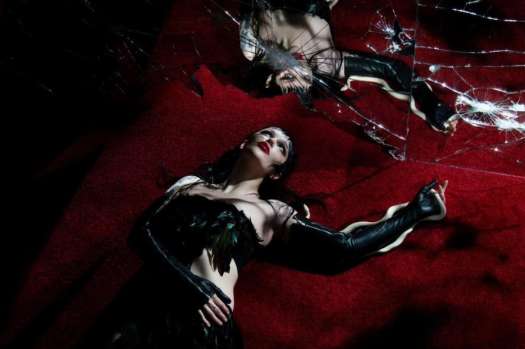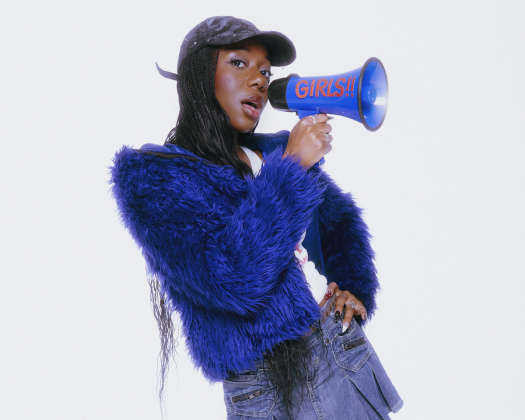Though titled Circles, the visual metaphor associated with Serbian director Srdan Golubovic's latest examination of the former Yugoslavia is more accurately that of ripple, or butterfly, effects. They stem from a single act of presumed violence established at the opening of the film, when Marco, a Serbian soldier on leave in his Bosnian hometown, steps in to break up an assault on a Muslim shopkeeper by some of his fellow soldiers.
Stopping abruptly mid-confrontation, the story jumps ahead 12-years to find Haris (Leon Lucev), the Muslim shopkeeper, helping the girlfriend of Marco sneak her son away from an abusive father. Putting his family and himself at risk in the process, it's clear that this act of kindness stems from a debt he owes to Marco, who is established as being deceased quite early on.
Meanwhile, Marco's father refuses to hire a young man to help him work on the building of a church based on his name—and presumed association to the undefined violent act—and a doctor questions whether or not to save the life of a car accident victim that we recognize as one of the soldiers from the opening of the film.
From here, each of the three stories plays out predictably, with the nature of redemption, reconciliation and revenge propelling the mostly standard morality play. The compounding nature of violence is the obvious instigator of conflict, with the message being that of forgiveness and remembrance, acknowledging that a single moment of rage or weakness can ruin and hinder many lives for years to come.
Though professionally packaged and driven by a contemplative tone, captured perfectly by reflective performances from Nebojsa Glogovac (as the conflicted doctor) and Lucev, in particular, there's nothing specifically compelling or unique about Circles to make it stand out from the many other thematically and structurally similar films about the after effects of violence. It also doesn't help that the runtime is padded with some repetitive imagery that does little to move the story forward.
And since each character is merely a vessel to extend the virtues and conflicts of the central story, having little individual human variation beyond their broad value-systems relevant to the text, it's difficult to individuate and care about them as actual people struggling with complex issues.
Had the protracted scenes of static contemplation been filled with some more complex characterizations, adding some dimension to the film beyond sheer didactic, this well-crafted triptych could have packed the intended emotional punch. As it stands, Circles is far more forgettable than it should be.
(Vertigo/Emotionfilm)Stopping abruptly mid-confrontation, the story jumps ahead 12-years to find Haris (Leon Lucev), the Muslim shopkeeper, helping the girlfriend of Marco sneak her son away from an abusive father. Putting his family and himself at risk in the process, it's clear that this act of kindness stems from a debt he owes to Marco, who is established as being deceased quite early on.
Meanwhile, Marco's father refuses to hire a young man to help him work on the building of a church based on his name—and presumed association to the undefined violent act—and a doctor questions whether or not to save the life of a car accident victim that we recognize as one of the soldiers from the opening of the film.
From here, each of the three stories plays out predictably, with the nature of redemption, reconciliation and revenge propelling the mostly standard morality play. The compounding nature of violence is the obvious instigator of conflict, with the message being that of forgiveness and remembrance, acknowledging that a single moment of rage or weakness can ruin and hinder many lives for years to come.
Though professionally packaged and driven by a contemplative tone, captured perfectly by reflective performances from Nebojsa Glogovac (as the conflicted doctor) and Lucev, in particular, there's nothing specifically compelling or unique about Circles to make it stand out from the many other thematically and structurally similar films about the after effects of violence. It also doesn't help that the runtime is padded with some repetitive imagery that does little to move the story forward.
And since each character is merely a vessel to extend the virtues and conflicts of the central story, having little individual human variation beyond their broad value-systems relevant to the text, it's difficult to individuate and care about them as actual people struggling with complex issues.
Had the protracted scenes of static contemplation been filled with some more complex characterizations, adding some dimension to the film beyond sheer didactic, this well-crafted triptych could have packed the intended emotional punch. As it stands, Circles is far more forgettable than it should be.




